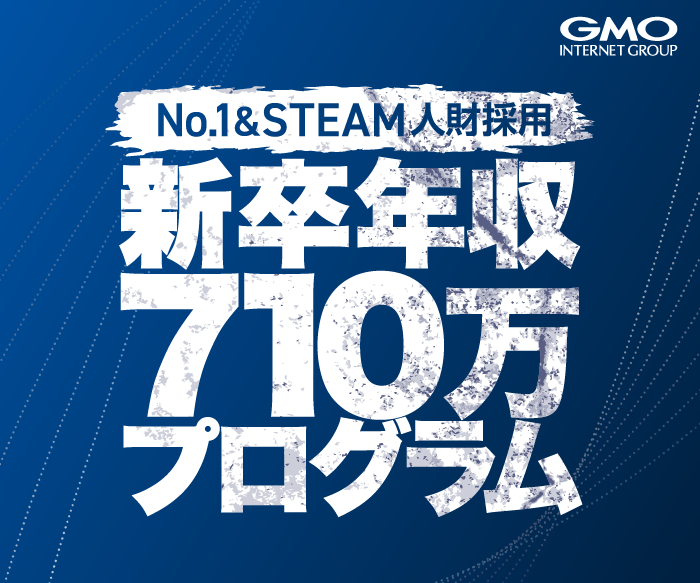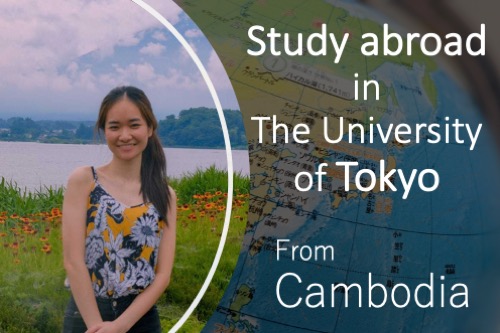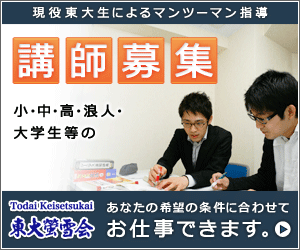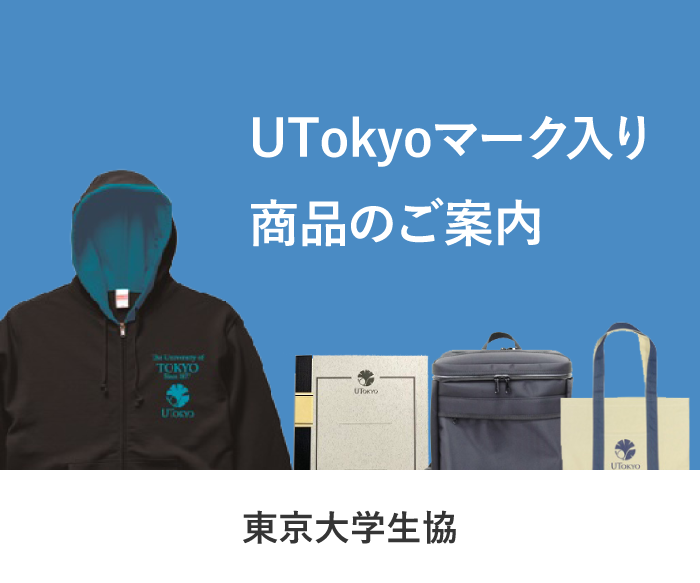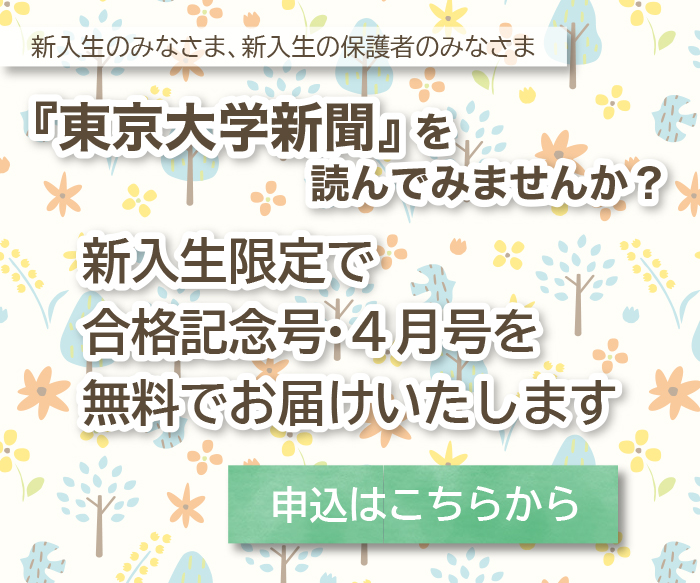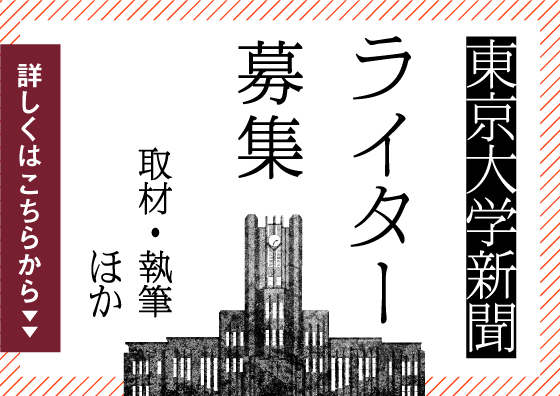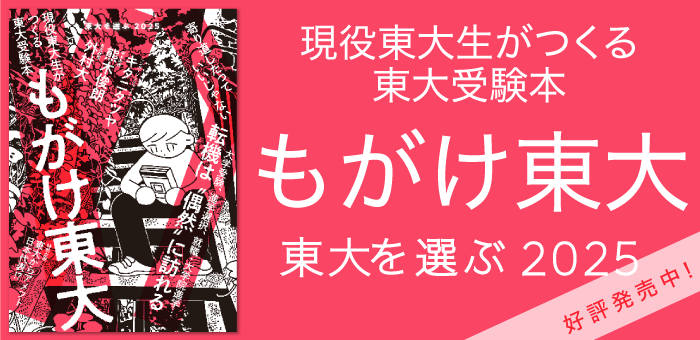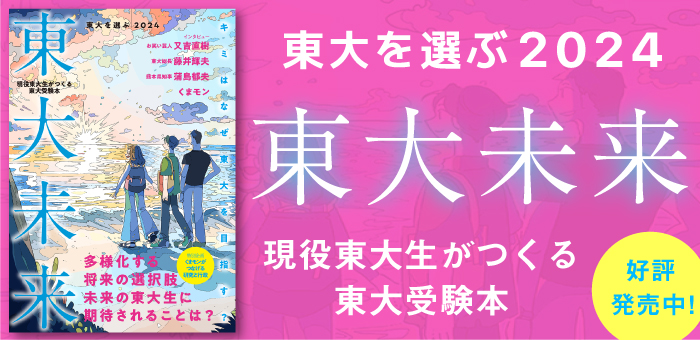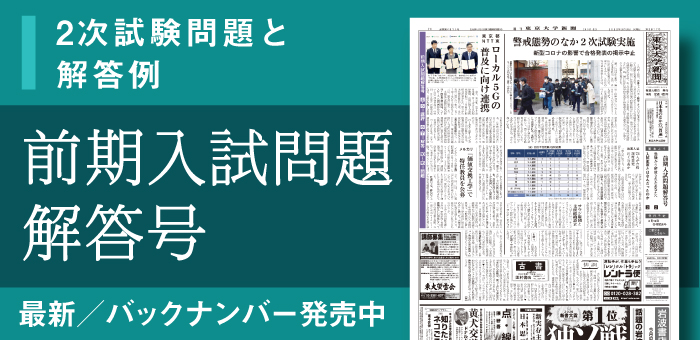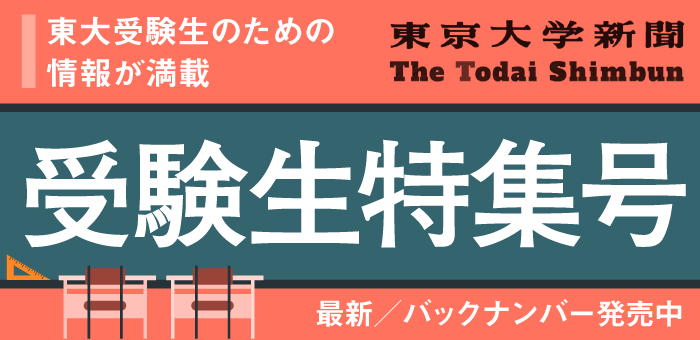The pandemic still does not seem to cease in Japan. Even with such a difficult situation, many students come to Japan to study from various countries. In this series, we interviewed three international students in the University of Tokyo, and asked them what they have experienced.
The first interview that we have is with a master’s student from Cambodia, Ms. Pryalen Chhoeur. Having spent more than six months in Japan, she has much to disclose to our readers.
(Interviewed and written by Aayush Tewary and Motoki Yumiya)
━━Which country are you from and what do you like about your country?
I am from Cambodia, and I like my country’s culture.
━━Can you please elaborate on your country’s culture that you are fond of?
What I like most is that despite all the wars that Cambodia has faced and despite it being a developing nation, we take pride in our traditions, and we have preserved our various art forms until today. We have many art forms like Apsara dance that are unique to Cambodia.
Another tradition is a long and elaborate marriage ceremony. Unlike many countries where the marriage ceremony is simplified with time, we still follow all the rituals which span over several days before the actual marriage day.
━━Why did you decide to study abroad? What made you choose the University of Tokyo and Japan as the destination for your higher education?
First let me tell you why I chose Japan. I am always intrigued and attracted to the classical cultures of other countries. In many ways, Japanese culture is like that of Cambodia. I wanted to learn more about the Japanese way of life. Then Todai is one of the best Universities in Japan. I thought that Todai would help me develop my research ability by myself. The credibility of Todai would help me find good jobs in the future.
━━You mentioned that you are interested in old Japanese culture? Is there any specific culture that you are interested in?
You can find it everywhere. The house system in the countryside, or saying ‘Itadakimasu‘ before eating, taking off shoes before entering the house, or watching sunrise on the new year’s day. There are others that I cannot recall now but you can perceive such customs in daily life which is so deeply embedded here for a long time that it has become a part of life. I like how Japan has advanced in all fronts and still is rooted in its culture, unlike other developed nations.
━━Do you want to work in Japan after graduation?
Initially I had plans to work in Japan. But I realized that to work in Japan one needs to be fluent in Japanese. Although I am learning the Japanese language through lectures in Todai, it is very difficult to master this language in two years. I want to work here and gain some experience before going back to my country. So, if I improve my language skills in time I will consider working here for short time.
━━Can you explain your field of research?
I am a Civil Engineer, presently researching specifically geotechnical engineering in Kuwano Laboratory. I research on problems of soil like liquefaction, erosion, or cave-in problems.
━━What do you like or dislike about Todai?
I like that all the professors are very experienced and knowledgeable. They have real opinions and thoughts about real-life problems. This is the best part as you get to learn a lot.
There is nothing that I dislike but I used to prefer more guided research than to work on my own. On the other hand, I realize that this is the best way to do research, finding problems and their solutions all by yourself. It helps me now with getting out of my comfort zone and improving myself. It gives me confidence that I can lead myself in any situation with no guidelines.
━━Are you liking your research and are you planning to work in this field?
Yes, I like geotechnical engineering and after graduating I would like to continue to work in this field.
━━How do you spend your one typical day? Has it changed from what you did earlier?
It has not much changed. But earlier I used to hang out more with friends. Here it is difficult to hang out more often as mostly students are very busy. I would like to hang out more like before. Overall, the schedule has remained unchanged.
━━Do you feel homesick?
I miss the food, so I am more of a food-sick than homesick. I talk to my family over a video call, but I cannot eat Cambodian dishes.
━━What is your favorite Cambodian food?
It is Bok-Tek Kroeung. It is made of freshwater fish paste mixed with other ingredients and we eat it with raw vegetables. Our cuisine is mainly made up of freshwater fish, rice, and vegetables. It is difficult to find freshwater fish here.
━━What is anything different from how you imagined Todai or Japan to be?
That is an interesting question. I imagined Tokyo to be lively at night, with all markets open and busy streets. But the nightlife is starkly different from what I imagined it to be.
Second, I never expected the Japanese people to not speak and understand English. I thought English was a global language that every country understands to some extent.
━━Has Japan and Todai lived up to your expectation or is it different from what you expected them to be?
Todai is nothing different from my expectation. But Japanese people not speaking English and no nightlife with most restaurants closing by 8 PM are something which I had never thought of. But overall, I like both Todai and Japan.
━━Before moving to a foreign nation, were you concerned about anything special?
I have an experience of spending time in Hungary earlier, so in that way, I had already been out of my comfort zone. I was mainly concerned about my research in Todai as I had never belonged to a lab earlier. Also, I was concerned about how to behave and approach people in Japan.
━━Are you involved in any extra-curricular activities? Do you pursue any hobby here to relax?
Yes, I do classical Cambodian dancing which helps me to relax. I performed recently at a Cambodian festival in Yoyogi park for two days in a row.
Here in Japan, I bought a new camera and I have found a new hobby in photography. In many ways, photography relaxes me more than dancing. Also, when I have nothing to do, I play video games.
━━Which is your favorite video game?
It’s Age of Empires.
━━What kind of photography do you like?
I like street photography. I like to capture the emotions and feelings of people or the atmosphere. Whenever I go out and if I feel attracted by my surroundings or the emotions of people around me then I try to capture that in images so that when I look at them later the feeling comes back again.
━━Do you feel dejected by certain events and what do you do when you feel a sense of disappointment?
The first thing I do is to reach out to people. Try to discuss with them and share my problems. Mostly people are busy with their research or personal lives so then I resort to my video game. Also, I don’t deal with my anxiety immediately or directly as it would not be productive at the time. I try to hang out with my friends, if they are available, to release my agitation. Then later I deal with my emotions or the cause of disappointment when I am more relaxed.
━━Any suggestion for the junior students from your side?
Do what you love because at the end of the day it is your happiness inside that has more worth than anything. While choosing a career I would suggest that they research the everyday life of the profession that they plan to pursue. They should go out and meet people who are already in that profession. Meeting people would help them develop perspectives about the profession they eventually would like to perform. If it meets their expectation, then they should work in that direction. In addition, they should think not only about the courses to get a degree but also about what and how to lead a meaningful life after getting the degree.
━━Thank you Pryalen for your time and contribution to Todai Shimbun. It was nice talking to you.
Thank you for this opportunity.

